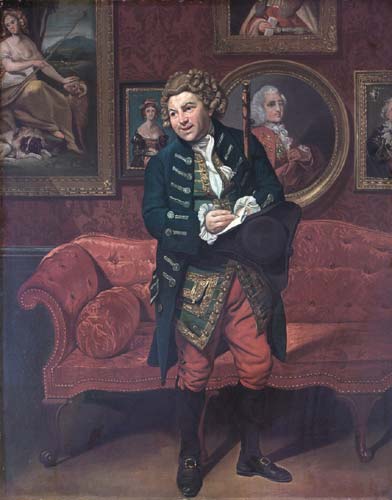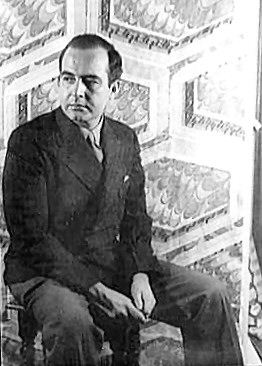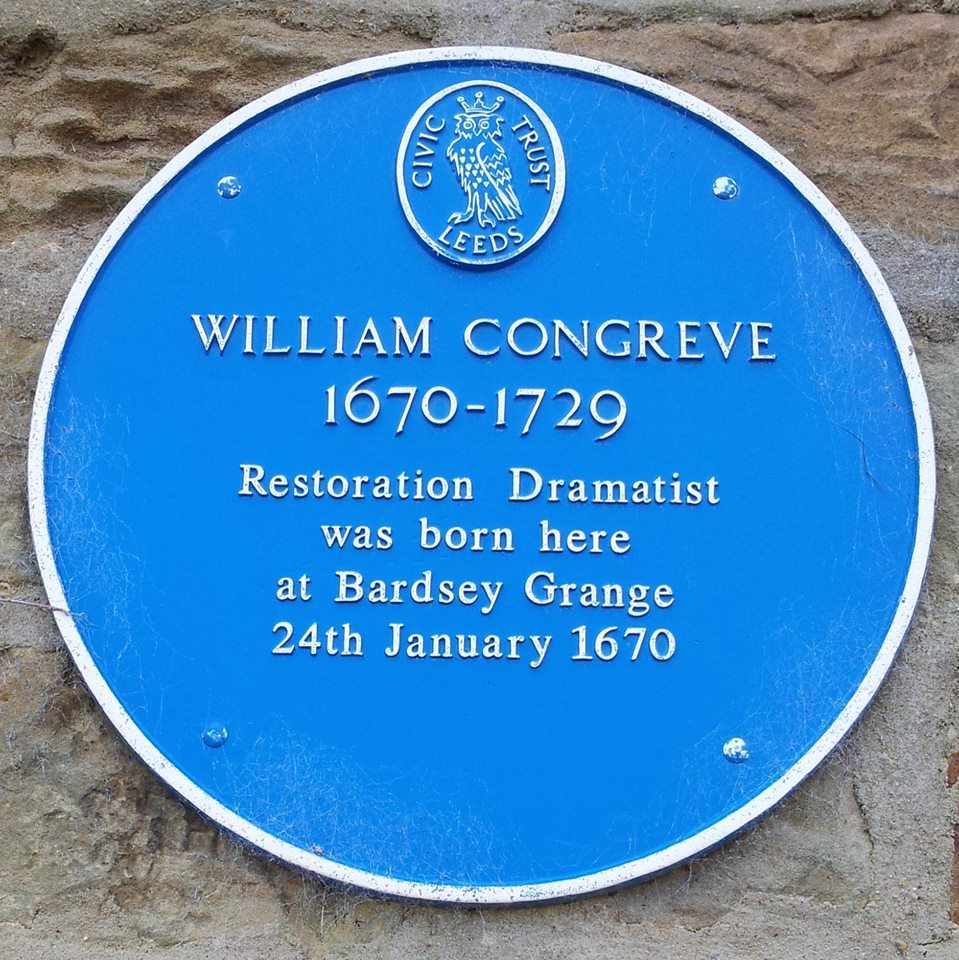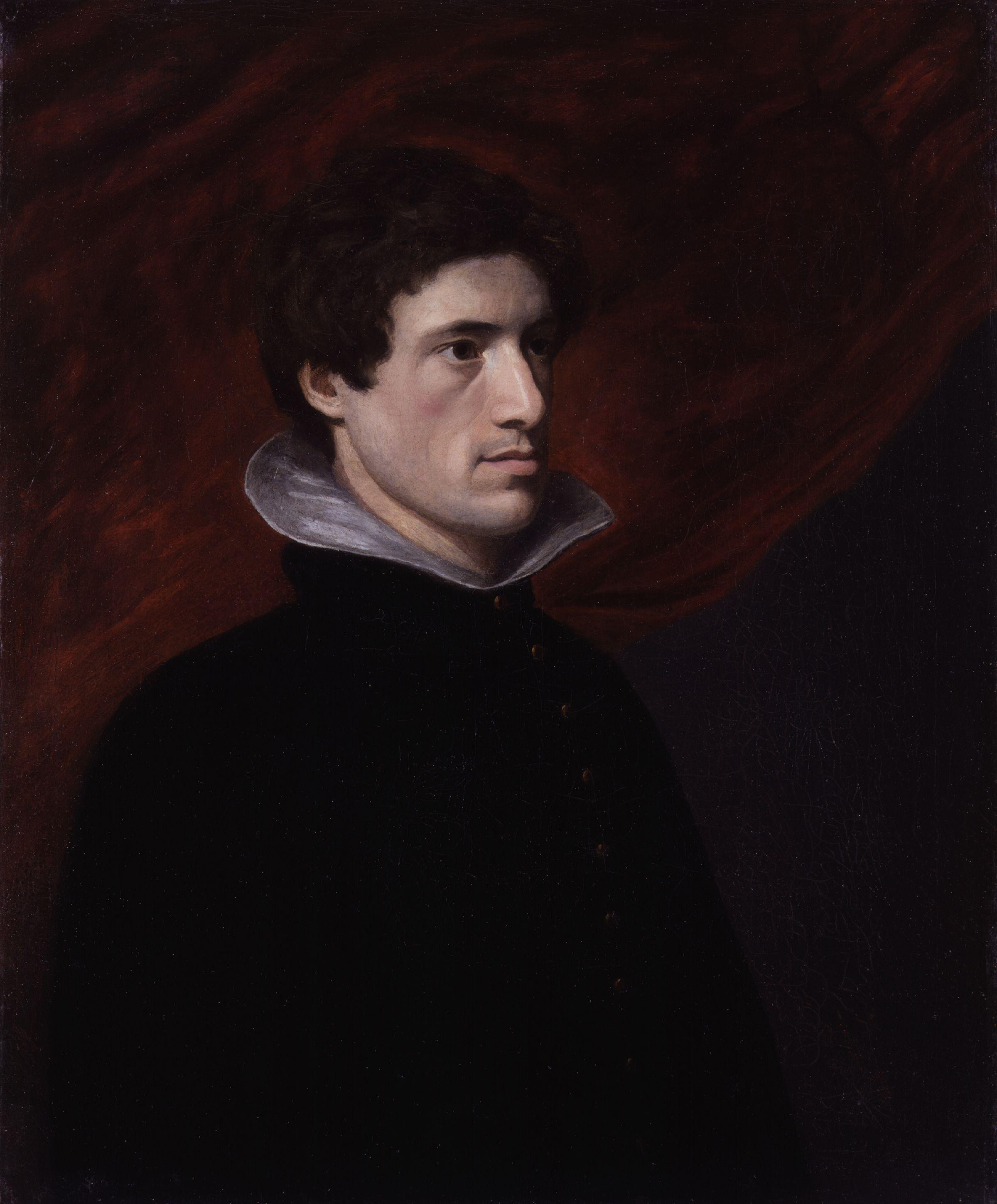|
School For Scandal
''The School for Scandal'' is a comedy of manners written by Richard Brinsley Sheridan. It was first performed in London at Drury Lane Theatre on 8 May 1777. Plot Act I Scene I: Lady Sneerwell, a wealthy young widow, and her hireling Snake discuss her various scandal-spreading plots. Snake asks why she is so involved in the affairs of Sir Peter Teazle, his ward Maria, and Charles and Joseph Surface, two young men under Sir Peter's informal guardianship, and why she has not yielded to the attentions of Joseph, who is highly respectable. Lady Sneerwell confides that Joseph wants Maria, who is an heiress, and that Maria wants Charles. Thus she and Joseph are plotting to alienate Maria from Charles by putting out rumours of an affair between Charles and Sir Peter's new young wife, Lady Teazle. Joseph arrives to confer with Lady Sneerwell. Maria herself then enters, fleeing the attentions of Sir Benjamin Backbite and his uncle, Crabtree. Mrs. Candour enters and ironically talk ... [...More Info...] [...Related Items...] OR: [Wikipedia] [Google] [Baidu] |
Robert Baddeley (actor)
Robert Baddeley (1733–1794) was an English actor. His parentage is unknown, as is his place of birth, though the latter may have been London. He worked as a cook and valet, and one of his employers was the actor-manager Samuel Foote, who may have inspired him to take to the stage. He spent three years following another employer on a Grand Tour, which helped him to develop the facility with languages and accents which was to be a hallmark of his career. In 1760 Baddeley made his stage debut in one of Foote's productions at the Haymarket Theatre in London. Soon afterwards he trod the boards of the Theatre Royal, Drury Lane and the Smock Alley Theatre in Dublin. By 1762 he was a full member of the Drury Lane company, and he remained there for the rest of his career, while also playing summer seasons at the Haymarket. He was a great success in low comedy and servants' parts, and often played comic foreigners such as Canton in ''The Clandestine Marriage''. In 1777 he played Moses ... [...More Info...] [...Related Items...] OR: [Wikipedia] [Google] [Baidu] |
Project Gutenberg
Project Gutenberg (PG) is a volunteer effort to digitize and archive cultural works, as well as to "encourage the creation and distribution of eBooks." It was founded in 1971 by American writer Michael S. Hart and is the oldest digital library. Most of the items in its collection are the full texts of books or individual stories in the public domain. All files can be accessed for free under an open format layout, available on almost any computer. , Project Gutenberg had reached 50,000 items in its collection of free eBooks. The releases are available in plain text as well as other formats, such as HTML, PDF, EPUB, MOBI, and Plucker wherever possible. Most releases are in the English language, but many non-English works are also available. There are multiple affiliated projects that provide additional content, including region- and language-specific works. Project Gutenberg is closely affiliated with Distributed Proofreaders, an Internet-based community for proofread ... [...More Info...] [...Related Items...] OR: [Wikipedia] [Google] [Baidu] |
Periodical
A periodical literature (also called a periodical publication or simply a periodical) is a published work that appears in a new edition on a regular schedule. The most familiar example is a newspaper, but a magazine or a journal are also examples of periodicals. These publications cover a wide variety of topics, from academic, technical, trade, and general interest to leisure and entertainment. Articles within a periodical are usually organized around a single main subject or theme and include a title, date of publication, author(s), and brief summary of the article. A periodical typically contains an editorial section that comments on subjects of interest to its readers. Other common features are reviews of recently published books and films, columns that express the author's opinions about various topics, and advertisements. A periodical is a serial publication. A book is also a serial publication, but is not typically called a periodical. An encyclopedia or dictionary is a ... [...More Info...] [...Related Items...] OR: [Wikipedia] [Google] [Baidu] |
Seattle Weekly
The ''Seattle Weekly'' is an alternative biweekly distributed newspaper in Seattle, Washington, United States. It was founded by Darrell Oldham and David Brewster as ''The Weekly.'' Its first issue was published on March 31, 1976. The newspaper published its final print edition on February 27, 2019 and transitioned to web-only content on March 1, 2019. Ownership history The paper is currently owned by Sound Publishing, Inc., the largest community news organization in Washington State, and is distributed each Wednesday. Former owners of the ''Seattle Weekly'' include Sasquatch Publishing/Quickfish Media, Seattle from 1976 to 1997; Stern Publishing, New York from 1997 to 2000; Village Voice Media, New York from 2000 to 2012; and Voice Media Group from September 2012 to January 2013. Village Voice Media executives Scott Tobias, Christine Brennan and Jeff Mars bought Village Voice Media's papers and associated web properties from its founders to form Voice Media Group. Sound Pub ... [...More Info...] [...Related Items...] OR: [Wikipedia] [Google] [Baidu] |
Usury
Usury () is the practice of making unethical or immoral monetary loans that unfairly enrich the lender. The term may be used in a moral sense—condemning taking advantage of others' misfortunes—or in a legal sense, where an interest rate is charged in excess of the maximum rate that is allowed by law. A loan may be considered usurious because of excessive or abusive interest rates or other factors defined by the laws of a state. Someone who practices usury can be called a ''usurer'', but in modern colloquial English may be called a ''loan shark''. In many historical societies including ancient Christian, Jewish, and Islamic societies, usury meant the charging of interest of any kind, and was considered wrong, or was made illegal. During the Sutra period in India (7th to 2nd centuries BC) there were laws prohibiting the highest castes from practicing usury. Similar condemnations are found in religious texts from Buddhism, Judaism ('' ribbit'' in Hebrew), Christianity, and Islam ... [...More Info...] [...Related Items...] OR: [Wikipedia] [Google] [Baidu] |
Anti-Semitism
Antisemitism (also spelled anti-semitism or anti-Semitism) is hostility to, prejudice towards, or discrimination against Jews. A person who holds such positions is called an antisemite. Antisemitism is considered to be a form of racism. Antisemitism has historically been manifested in many ways, ranging from expressions of hatred of or discrimination against individual Jews to organized pogroms by mobs, police forces, or genocide. Although the term did not come into common usage until the 19th century, it is also applied to previous and later anti-Jewish incidents. Notable instances of persecution include the Rhineland massacres preceding the First Crusade in 1096, the Edict of Expulsion from England in 1290, the 1348–1351 persecution of Jews during the Black Death, the massacres of Spanish Jews in 1391, the persecutions of the Spanish Inquisition, the expulsion from Spain in 1492, the Cossack massacres in Ukraine from 1648 to 1657, various anti-Jewish pogroms in t ... [...More Info...] [...Related Items...] OR: [Wikipedia] [Google] [Baidu] |
Program Music
Program music or programatic music is a type of instrumental art music that attempts to musically render an extramusical narrative. The narrative itself might be offered to the audience through the piece's title, or in the form of program notes, inviting imaginative correlations with the music. A well-known example is Sergei Prokofiev's '' Peter and the Wolf''. The genre culminates in the symphonic works of Richard Strauss that include narrations of the adventures of Don Quixote, '' Till Eulenspiegel'', the composer's domestic life, and an interpretation of Nietzsche's philosophy of the Übermensch. Following Strauss, the genre declined and new works with explicitly narrative content are rare. Nevertheless the genre continues to exert an influence on film music, especially where this draws upon the techniques of 19th-century late romantic music. Similar compositional forms also exist within popular music, including the concept album and rock opera. The term is almost excl ... [...More Info...] [...Related Items...] OR: [Wikipedia] [Google] [Baidu] |
The School For Scandal (Barber)
''Overture to The School for Scandal'', Op. 5, is a concert overture by Samuel Barber. It is Barber's first work for full orchestra, composed in 1931 while he was completing his studies at the Curtis Institute of Music in Philadelphia. The premiere was given on August 30, 1933 by the Philadelphia Orchestra conducted by Alexander Smallens. It lasts around 8 min. The title refers to the comedy ''The School for Scandal'' written by Richard Brinsley Sheridan and the overture was by Barber intended to reflect the spirit of the play. The instrumentation is as follows: piccolo, 2 flutes, 2 oboes, english horn, 2 clarinets, bass clarinet, 2 bassoons, 4 horns, 3 trumpets, 3 trombones, tuba, timpani, bass drum, cymbals, triangle, bells, celesta, harp and strings. It is characterized by orchestral brilliance and a number of shifts in tempo and dynamics. The overture helped to establish Barber's national reputation and became in the 1950s a more regular part of the repertoire of Ame ... [...More Info...] [...Related Items...] OR: [Wikipedia] [Google] [Baidu] |
Samuel Barber
Samuel Osmond Barber II (March 9, 1910 – January 23, 1981) was an American composer, pianist, conductor, baritone, and music educator, and one of the most celebrated composers of the 20th century. The music critic Donal Henahan said, "Probably no other American composer has ever enjoyed such early, such persistent and such long-lasting acclaim." Principally influenced by nine years' composition studies with Rosario Scalero at the Curtis Institute and more than 25 years' study with his uncle, the composer Sidney Homer, Barber's music usually eschewed the experimental trends of musical modernism in favor of traditional 19th-century harmonic language and formal structure embracing lyricism and emotional expression. However, he adopted elements of modernism after 1940 in some of his compositions, such as an increased use of dissonance and chromaticism in the '' Cello Concerto'' (1945) and ''Medea's Dance of Vengeance'' (1955); and the use of tonal ambiguity and a narrow use of ... [...More Info...] [...Related Items...] OR: [Wikipedia] [Google] [Baidu] |
William Wycherley
William Wycherley (baptised 8 April 16411 January 1716) was an English dramatist of the Restoration period, best known for the plays ''The Country Wife'' and ''The Plain Dealer''. Early life Wycherley was born at Clive near Shrewsbury, Shropshire, although his birthplace has been said to be Trench Farm to the north near Wem later the birthplace of another writer, John Ireland, who was said to have been adopted by Wycherley's widow following the death of Ireland's parents. He was baptised on 8 April 1641 at Whitchurch, Hampshire, son of Daniel Wycherley (1617–1697) and his wife Bethia, daughter of William Shrimpton. His family was settled on a moderate estate of about £600 a year and his father was in the business service of the Marquess of Winchester. Wycherley lived during much of his childhood at Trench Farm, one his paternal family's properties, then spent some three years of his adolescence in France, where he was sent, at fifteen, to be educated on the banks of the Char ... [...More Info...] [...Related Items...] OR: [Wikipedia] [Google] [Baidu] |
William Congreve
William Congreve (24 January 1670 – 19 January 1729) was an English playwright and poet of the Restoration period. He is known for his clever, satirical dialogue and influence on the comedy of manners style of that period. He was also a minor political figure in the British Whig Party. Early life William Congreve was born in Bardsey Grange, on an estate near Ledston, West Riding of Yorkshire. Although Samuel Johnson disputed this, it has since been confirmed by a baptism entry for "William, sonne of Mr. William Congreve, of Bardsey grange, baptised 10 February 1669" .e. 1670 by the modern reckoning of the new year His parents were Colonel William Congreve (1637–1708) and Mary Browning (1636?–1715), who moved to London in 1672, then to the Irish port of Youghal. Congreve was educated at Kilkenny College, where he met Jonathan Swift, and at Trinity College Dublin. He moved to London to study law at the Middle Temple, but preferred literature, drama, and the fashionab ... [...More Info...] [...Related Items...] OR: [Wikipedia] [Google] [Baidu] |
Charles Lamb
Charles Lamb (10 February 1775 – 27 December 1834) was an English essayist, poet, and antiquarian, best known for his '' Essays of Elia'' and for the children's book ''Tales from Shakespeare'', co-authored with his sister, Mary Lamb (1764–1847). Friends with such literary luminaries as Samuel Taylor Coleridge, Robert Southey, William Wordsworth, and William Hazlitt, Lamb was at the centre of a major literary circle in England. He has been referred to by E. V. Lucas, his principal biographer, as "the most lovable figure in English literature". Youth and schooling Lamb was born in London, the son of John Lamb (–1799) and Elizabeth (died 1796), née Field. Lamb had an elder brother and sister; four other siblings did not survive infancy. John Lamb was a lawyer's clerk and spent most of his professional life as the assistant to a barrister named Samuel Salt, who lived in the Inner Temple in the legal district of London; it was there, in Crown Office Row, that Charles ... [...More Info...] [...Related Items...] OR: [Wikipedia] [Google] [Baidu] |






